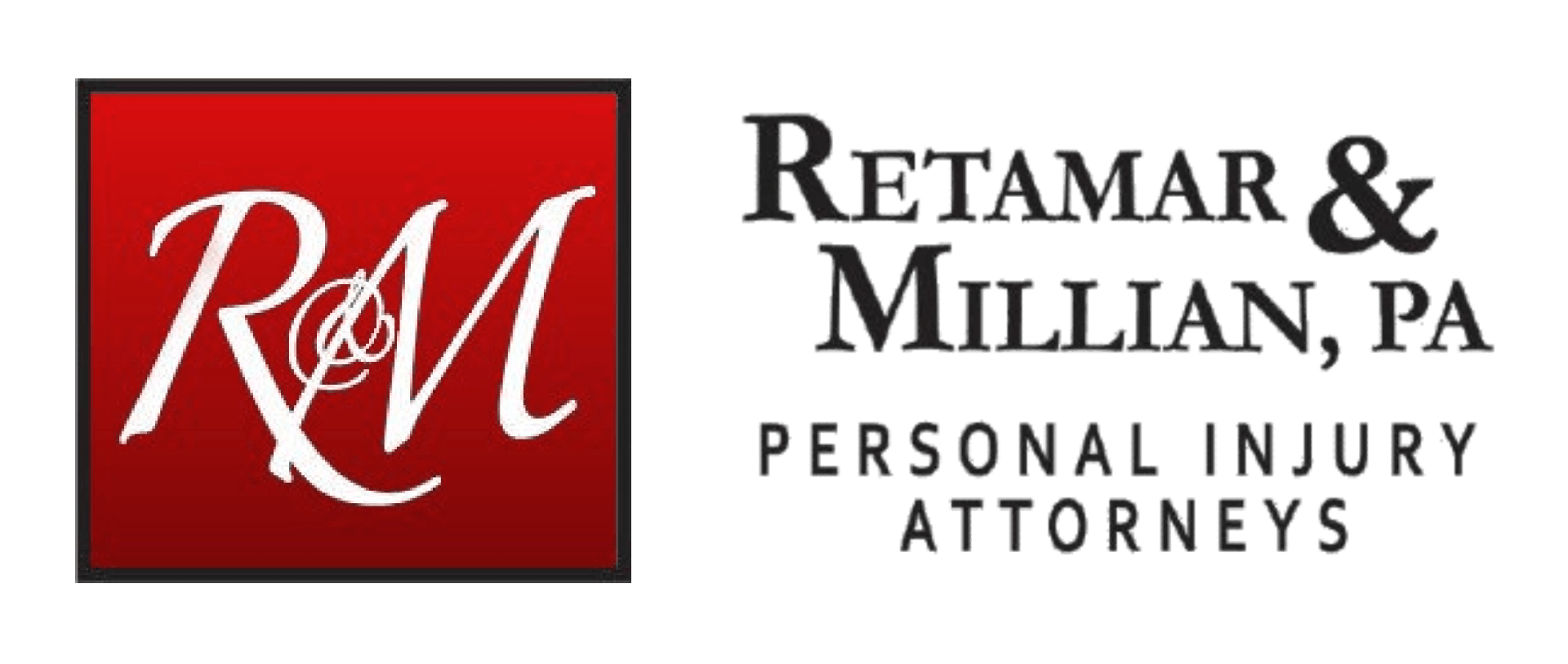Proving Traumatic Brain Injury Accident Lawyer
Advising TBI Victims with Dedication and Compassion
Proving Traumatic Brian Injury:
There are a multitude of tests to determine that one has TBI as well as the location extent and severity of the impairments to each type of brain function. These tests can be psychological, mental and physical to test all functional impairments. Neuro-psychological testing, PET scans, clinical physiologists, SPECT scans and MRIs are also utilized offer information on a brain injury.
If a victim suffers skull fractures they often have obvious physical impairments such as a coma which are easily verified. Proving these injuries result from the accident are often not difficult. Closed head injuries can be harder as the symptoms aren't physically obvious. Proving a change in a plaintiff’s functioning and behavior can be difficult to a jury that did not know them before. Your attorney needs to have experience and a thorough understanding of TBI to best represent your case.
West Florida
Call us (813) 200-5894
East Florida
Call us (954) 834-0404
NO RECOVERY, NO FEE GUARANTEE
Schedule a Free Consultation
Proving Traumatic Brain Injury
Other Injury Law Practice Areas
Physical Consequences
Physical consequences which may occur after a brain injury are weakness, decreased muscular control, paralysis, seizures, sensory loss and a difficulty in speaking and swallowing. If a patient has loss of motor control or weakness on one side of the body this is referred to as hemiparesis. If this is the case poor balance, inability to plan movements of limbs, decreased endurance and poor coordination will be obvious signs. Seizures can occur immediately or be delayed, possibly months or years from the accident. It is possible a patient will not be aware they have had a seizure and just be confused, so if this is not witnessed it is hard to use to prove TBI.
Other noticeable effects are an impact to sight, sound, touch, taste and smell. A TBI victim can also lose sensation to various parts of the body or become hypersensitive. They can have vision loss on one side of the body or struggle to know the spatial relationship of their arms and legs.
Fatigue is another common sign and can sometimes be very profound, with an inability to stay alert. It can be confused for a person being unmotivated. Speech disorders can also develop after these injuries as well as difficulties with chewing and swallowing.
Changes in sleep can also be observed in TBI patients. If there are disruptions to memory, attention, perception and concentration this should be pointed out to a jury as these are indications of TBI.
Mental Consequences
Extreme confusion is one of the most common signs of TBI so establishing if a patient is disoriented is often the first step. A patient may not know the day, week or year and have searching questions trying to figure this out. Following that confusion is often irritability and occasionally a patient will develop their own reality to explain the things they don’t understand. Another sign is an inability to plan ahead. With potential memory, attention and judgement impacts it’s hard to make a logical progression of events.
One of the most apparent and difficult signs is memory loss and impairment. With TBI a person’s brain capacity to receive, store and access information becomes affected. Short term memory effects are the most common. There can also be affects to a person’s vocabulary. A survivor of TBI can struggle to remember simple words without having lost the ability to speak.
Another sign is impaired judgement. With a TBI abstract thinking is impaired. Some patients can only react to the events in their immediate environment. They cannot compare their current situation to a similar one from their past and react accordingly. The patient can become defensive to those that are trying to help them as they are frustrated and do not understand their limitations.
If there are injuries to the frontal lobe a survivor may need to be prompted for simple daily tasks. Activities like showering, eating, etc. may not occur to them.
Emotional Consequences
Emotional consequences of a TBI should not be overlooked. Survivors may struggle to understand their feelings or others, and in controlling their emotions. This leads to various behavior issues that can be observed such as: depression, agitation, insensitivity to others, frustration, rapid changes in mood, rage tantrums, self-centeredness, lack of impulse control, decreased libido, loss of inhibition, loss of self-esteem, and inappropriate sexual expression. Any pre-existing conditions related to this can be amplified after a TBI.
